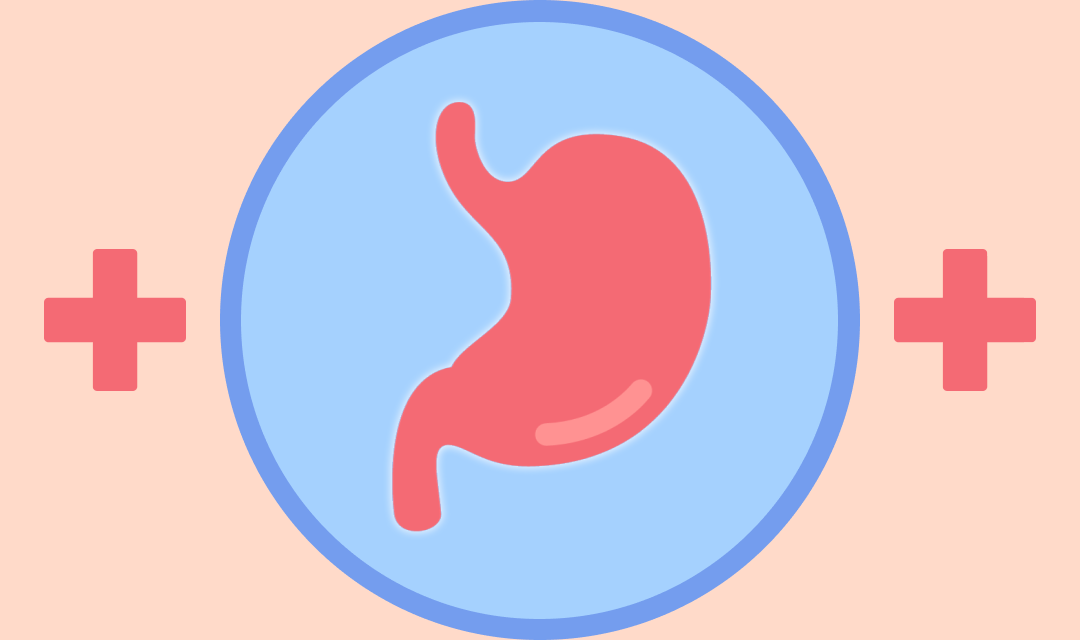Common Questions About Gag Reflex in Pregnancy

Pregnancy is a time of significant change in a woman's body. One of the changes that some women experience is an increased gag reflex. This can be a challenging symptom to manage, especially during the first trimester when morning sickness is also common. In this article, we will answer some of the most common questions about gag reflex in pregnancy.
Table of contents
Can pregnancy cause Gag Reflex?
Is Gag Reflex a pregnancy symptom?
Gag Reflex in the first trimester, is it common?
What about Gag Reflex in the second and third trimester?
What causes Gag Reflex during pregnancy?
Is it safe to have Gag Reflex during pregnancy?
What can help with Gag Reflex during pregnancy?
Gag Reflex during pregnancy: when to see a doctor?
Gag Reflex after childbirth, is it normal?
Can pregnancy cause Gag Reflex?
Yes, pregnancy can cause an increased gag reflex. This is due to hormonal changes in the body that can make the muscles in the throat more sensitive.
Psst, we have an app dedicated to pregnant moms. Learn more
Is Gag Reflex a pregnancy symptom?
An increased gag reflex can be a symptom of pregnancy, but it is not a definitive sign. Many other conditions can also cause an increased gag reflex, so if you're experiencing this symptom, it's important to consult with a healthcare provider.
Psst, we have an app dedicated to pregnant moms. Learn more
Gag Reflex in the first trimester, is it common?
Yes, an increased gag reflex is common in the first trimester of pregnancy. This is often when hormonal changes are at their peak, which can lead to increased sensitivity in the throat.
Psst, we have an app dedicated to pregnant moms. Learn more
What about Gag Reflex in the second and third trimester?
While the gag reflex can increase in the first trimester, it usually decreases in the second and third trimesters. However, every woman's body is different, and some may continue to experience an increased gag reflex throughout their pregnancy.
Psst, we have an app dedicated to pregnant moms. Learn more
What causes Gag Reflex during pregnancy?
The exact cause of an increased gag reflex during pregnancy is not known, but it is believed to be due to hormonal changes that make the muscles in the throat more sensitive.
Psst, we have an app dedicated to pregnant moms. Learn more
Is it safe to have Gag Reflex during pregnancy?
An increased gag reflex is generally safe during pregnancy, but it can be uncomfortable and distressing. If you're experiencing a severe gag reflex, it's important to consult with a healthcare provider.
Psst, we have an app dedicated to pregnant moms. Learn more
What can help with Gag Reflex during pregnancy?
There are several strategies that can help manage an increased gag reflex during pregnancy. These include eating smaller, more frequent meals, avoiding foods and smells that trigger the gag reflex, and practicing relaxation techniques.
Psst, we have an app dedicated to pregnant moms. Learn more
Gag Reflex during pregnancy: when to see a doctor?
If your gag reflex is causing you distress or interfering with your ability to eat and drink, it's important to consult with a healthcare provider. They can provide strategies to help manage this symptom and ensure that you're getting the nutrition you need.
Psst, we have an app dedicated to pregnant moms. Learn more
Gag Reflex after childbirth, is it normal?
After childbirth, the gag reflex should return to its pre-pregnancy state. If you continue to experience an increased gag reflex after giving birth, it's important to consult with a healthcare provider.
Psst, we have an app dedicated to pregnant moms. Learn more
Information sources
1. American Pregnancy Association. (2019). Morning Sickness: Causes, Concerns, and Treatments. Retrieved from https://americanpregnancy.org/healthy-pregnancy/pregnancy-health-wellness/morning-sickness-during-pregnancy-951/
2. Mayo Clinic. (2020). Symptoms of Pregnancy: What happens right away. Retrieved from https://www.mayoclinic.org/healthy-lifestyle/getting-pregnant/in-depth/symptoms-of-pregnancy/art-20043853
3. NHS. (2018). Nausea and morning sickness. Retrieved from https://www.nhs.uk/conditions/pregnancy-and-baby/nausea-and-morning-sickness/